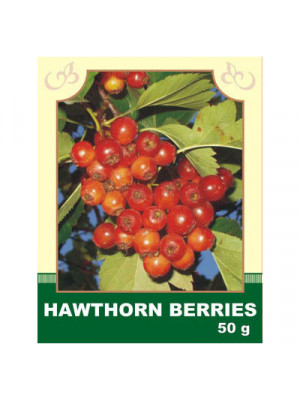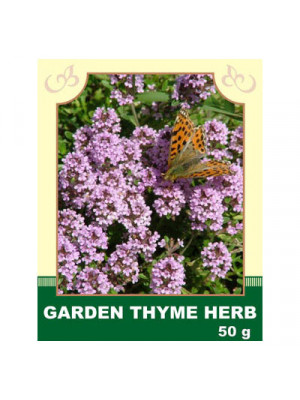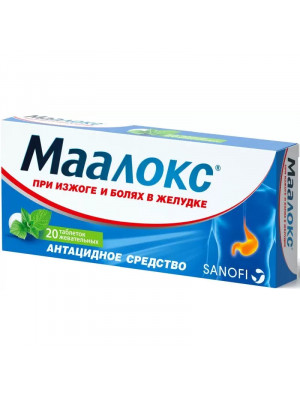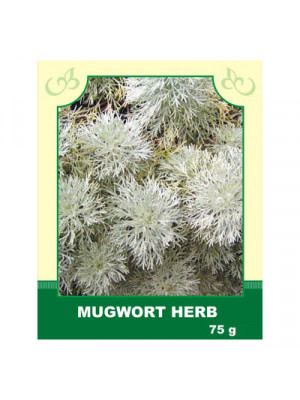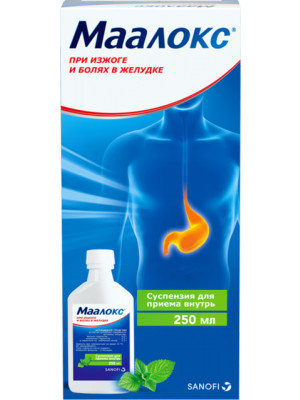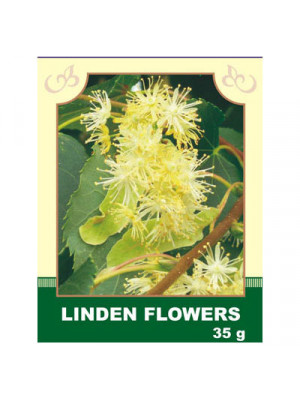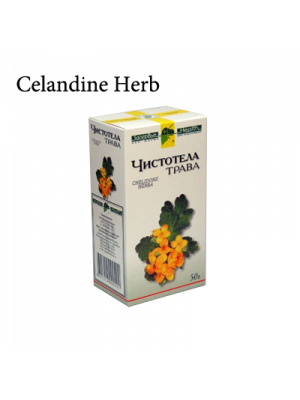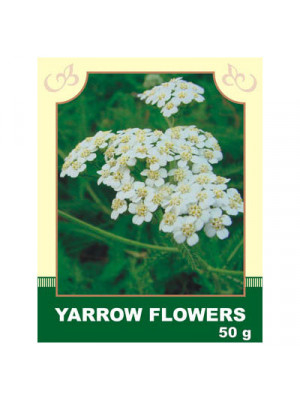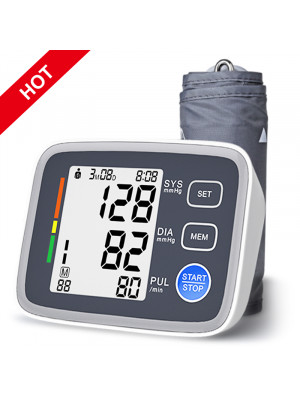Search results for '60'
Internally, hawthorn preparations are taken for disorders of cardiac activity, cardiac weakness after severe illnesses, initial stages of hypertension, dizziness, insomnia in cardiac patients, and climacteric neuroses.
Method of application and dosage: Tincture from hawthorn fruits is prepared on 70% alcohol in a ratio of 1:10. Take 20-30 drops 3-4 times a day before meals. A water infusion: 20 g of dried fruits are poured with 200 ml of boiling water, infused for 30 minutes (can be in a thermos), then strained. The obtained amount of infusion is taken twice: half in the morning on an empty stomach, the other before bedtime.
Contraindications: Individual intolerance.
$6.99
Description. It has been used through the centuries for many ailments, from epilepsy to melancholy. Nowadays, it is prescribed by herbalists for intestinal worms, gastrointestinal ailments, bronchial problems, laryngitis, diarrhea, and lack of appetite. It has antiseptic properties, and can be used as a mouthwash, skin cleanser, anti-fungal agent for athlete's foot and as an anti-parasitic for lice, scabies, and crabs. Garden Thyme herb tincture is a popular way of dropping bad habits and alcoholism is one of the. Garden Thyme arouses steady feeling of nausea and aversion towards alcohol. Use. Before the advent of modern antibiotics, it was used to medicate bandages. It has also been shown to be effective against the fungus that commonly infects toenails. A tea made by infusing the herb in water can be used for cough and bronchitis. Medicinally thyme is used for respiratory infections in the form of a tincture, tisane, salve, syrup or by steam inhalation. Because it is antiseptic, thyme boiled in water and cooled is very effective against inflammation of the throat when gargled 3 times a day. The inflammation will normally disappear in 2 - 5 days. Thyme is a good source of iron and is used widely in cooking.
Attention! Before using any herbal products, make sure that you have full knowledge of how the herb works and any adverse reaction it may cause.$6.99Internally, the infusion is used to stimulate appetite, as an analgesic and sedative in cases of neurasthenia and intestinal colic. Applied as an infusion for gastritis, insomnia, spasms, and bronchial asthma in kidney stone disease.
Method of application and dosage: Steep 1 teaspoon of wormwood in ¼ liter of boiling water and infuse for 10 minutes. Cool the tea and drink three times a day, one cup after meals.
Externally, applied as compresses, rinses, and local baths for inflammation of the mammary glands, quick maturation of boils, toothache, and foot sweating.
Contraindications: Individual intolerance, anemia, pregnancy. Consultation with a specialist is recommended before use.
$6.99Internally, linden flower infusion is taken for the following conditions:
- Colds, rheumatism, and cough;
- Inflammation of the kidneys and bladder;
- Nervous system disorders in children and the elderly, including hysteria, epilepsy, and headaches;
- Intestinal colic and stomach pains;
- During measles and mumps.
Methods of administration and dosages: 2 tablespoons of crushed linden flowers are infused in 200 ml of hot boiled water, steeped for 20 minutes. Taken internally in a warm form, 1-2 cups 2-3 times a day after meals.
Externally, the infusion is used for:
- Gargling in cases of inflammation of the mucous membranes of the mouth and respiratory tract;
- As compresses and lotions for edema, ulcers, inflammation of hemorrhoidal nodes, and joint pain in rheumatism and gout;
- As therapeutic baths: 100 g of raw materials are poured into 2 liters of boiling water, boiled for 5 minutes, and infused until cooled.
Contraindications: Individual intolerance.
$7.99Internal use: Tansy treats hypertension, asthma, anemia, atherosclerosis, food poisoning, flu, soft tumors (fibroids), polyps in the colon, hemorrhoids, gastritis, goiter, gout, rheumatism, ulcers of the gastrointestinal tract, liver, gall bladder, kidneys, and heart muscle.
Application and dosage: Place fresh herb in a 500 g jar, filling half of the volume. Pour boiling water, cover with a lid. (For an infusion of dry herb, fill 1/4 of the jar). After cooling, drink twice a day, 100 ml each time, 10-15 minutes before meals. The infusion color is dark, and the taste is bitter.
External use: Infusions of the herb and root are used for baths, washes, and compresses for various skin conditions (rashes, lichen, boils), jaundice, purulent wounds, and ulcers. Infected, slow-healing ulcers and wounds are treated with a powder made from the leaves. Pour 30 g of raw material with 1 liter of boiling water, infuse for 3-4 hours, strain, and apply as directed.
Contraindications: Individual intolerance, epilepsy, angina pectoris, bronchial asthma, neurological diseases. A poisonous plant that requires caution in use.
$6.99Internally: Taken as a hemostatic agent for intestinal and uterine bleeding, dysentery, inflammatory diseases of the bladder, ovaries, gastritis with low acidity, diarrhea, ulcers of the stomach and duodenum, liver diseases, hepatitis, cholecystitis, and angiocholitis, cough, and colds. Also used as a calming remedy for neurosis, hysteria, and hypertension.
Method of application and doses: Decoction - 1 teaspoon in 250 ml of boiling water, simmer for 5-10 minutes over low heat, strain. Drink 1/2 cup 3 times a day. Tincture: 30 g of dry herb is infused in 100 ml of vodka, infused in a dark place for 1 week, strained, and taken in 20-30 drops 3 times a day before meals for dysmenorrhea, angina, and intestinal spasms.
Externally: The decoction of yarrow is very effective when used locally for small cuts, abrasions, scratches, toothache, herpes, focal baldness, and lichen. For bleeding from the eroded cervix, tampons soaked in yarrow infusion or decoction are used. In cases of prolapsed hemorrhoids and bleeding hemorrhoids, compresses soaked in a cold yarrow decoction are applied.
Contraindications: Individual intolerance, during pregnancy, and for those suffering from allergies.
$6.99




